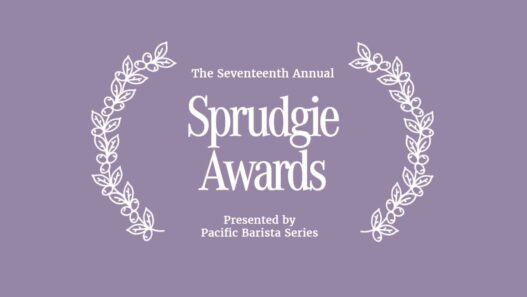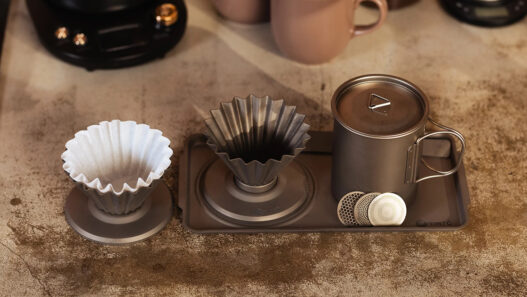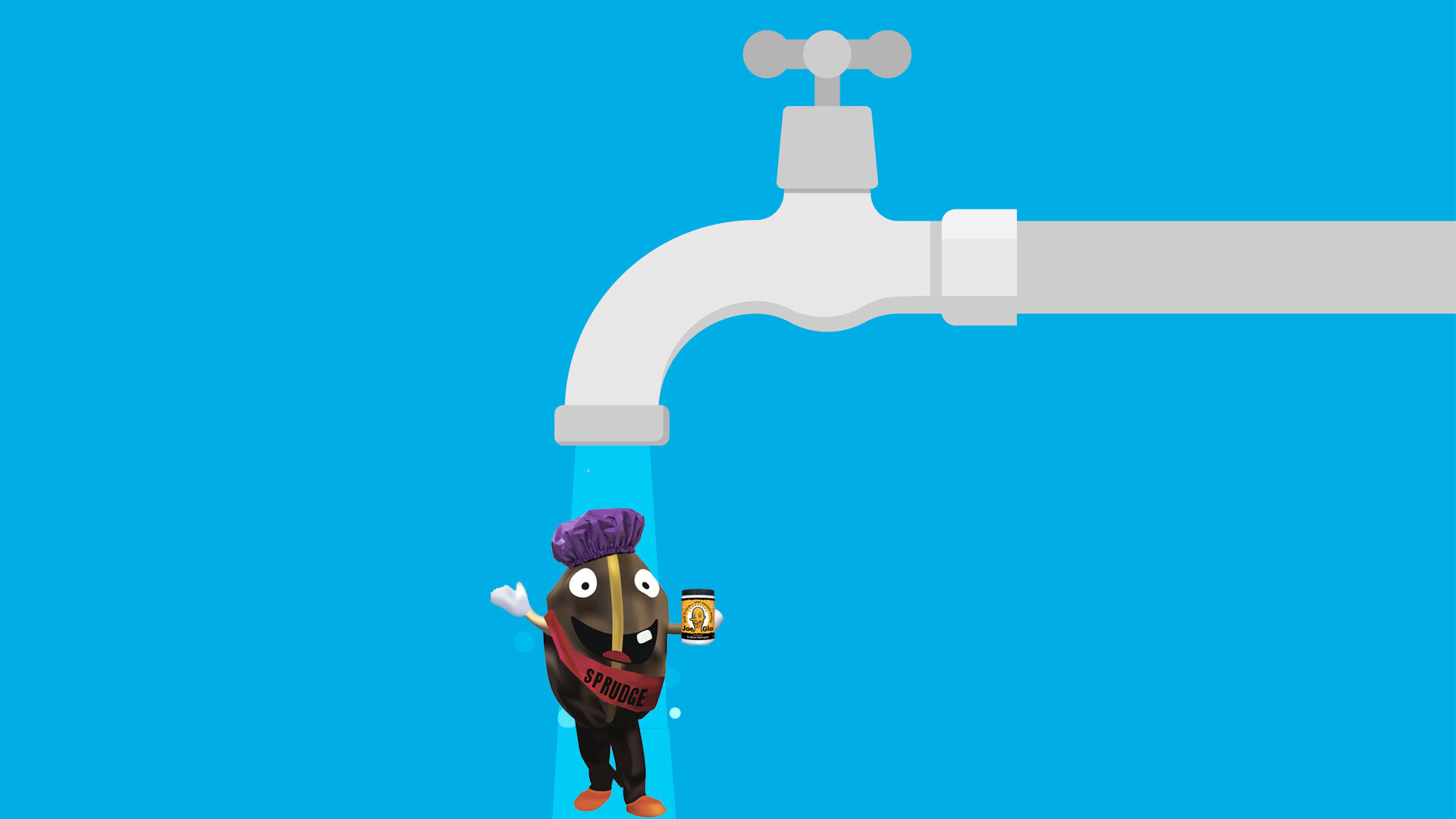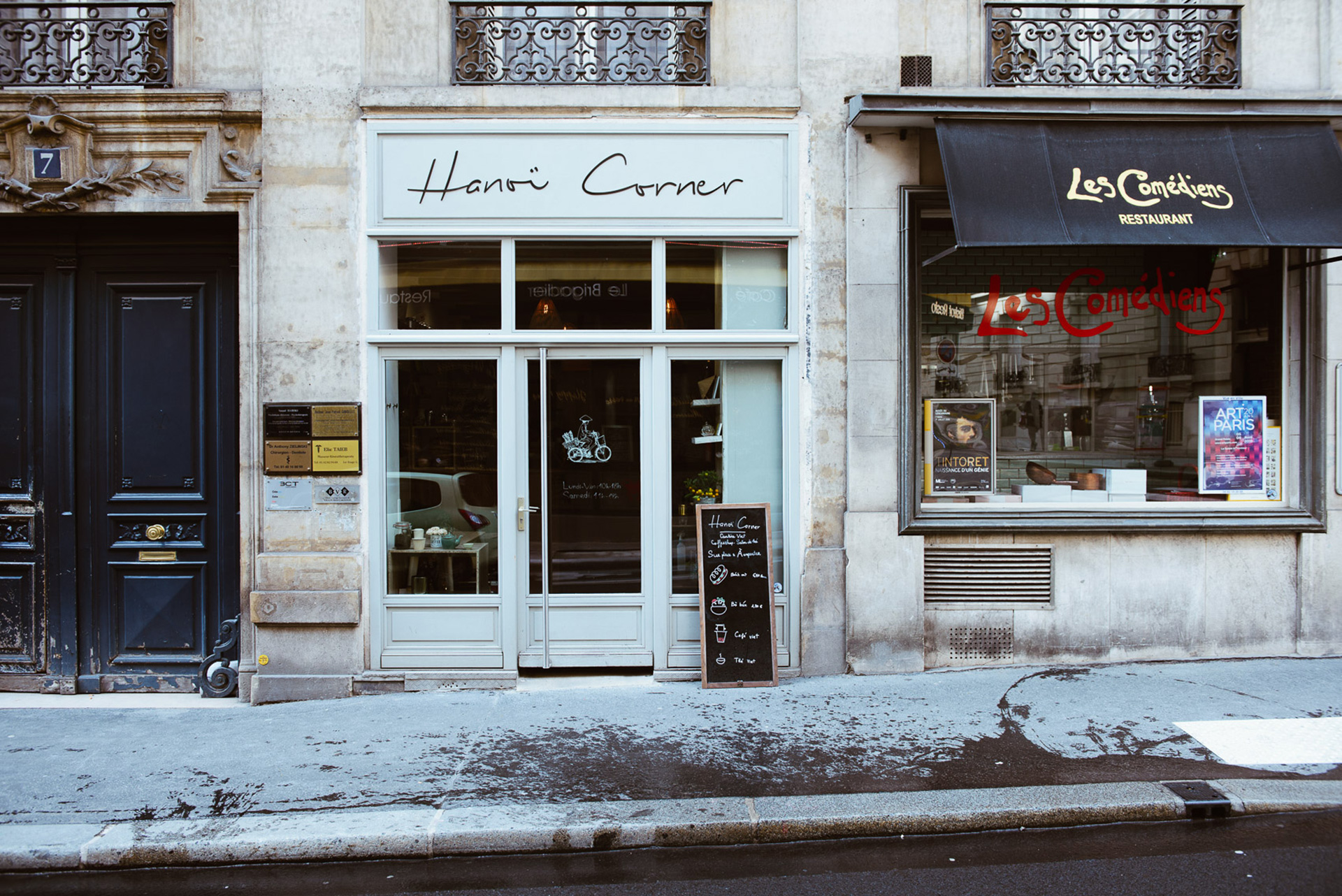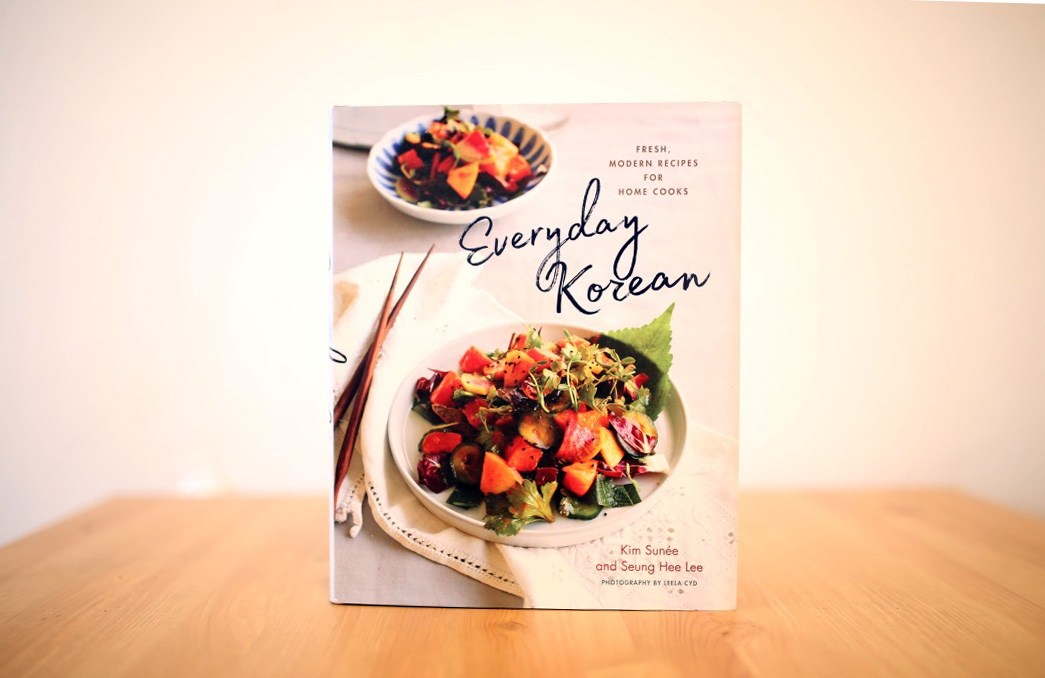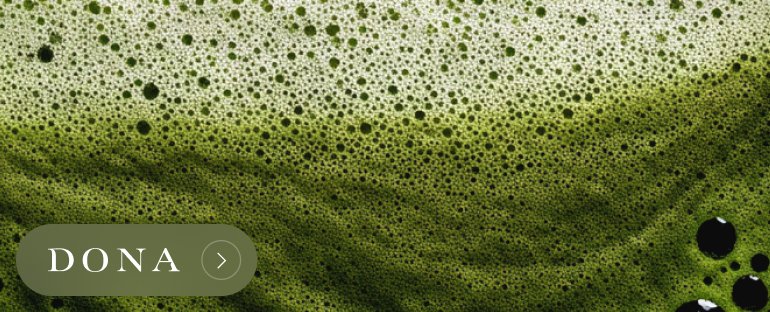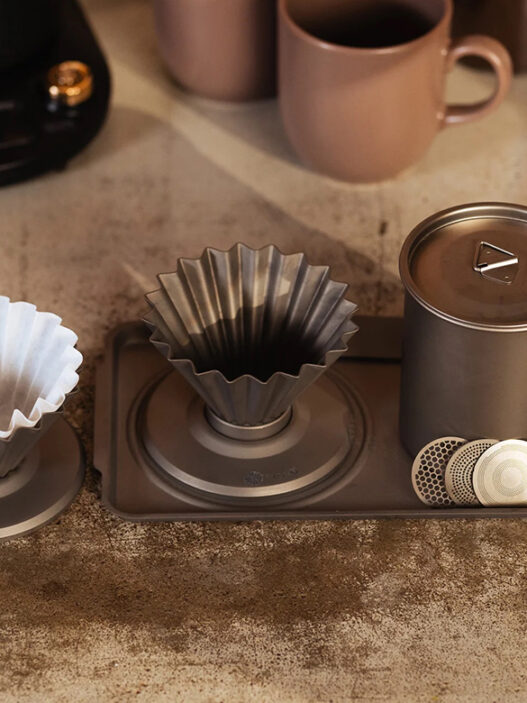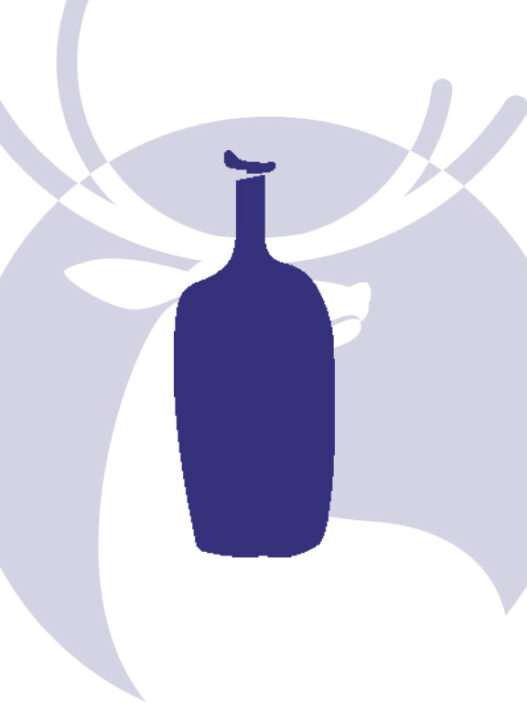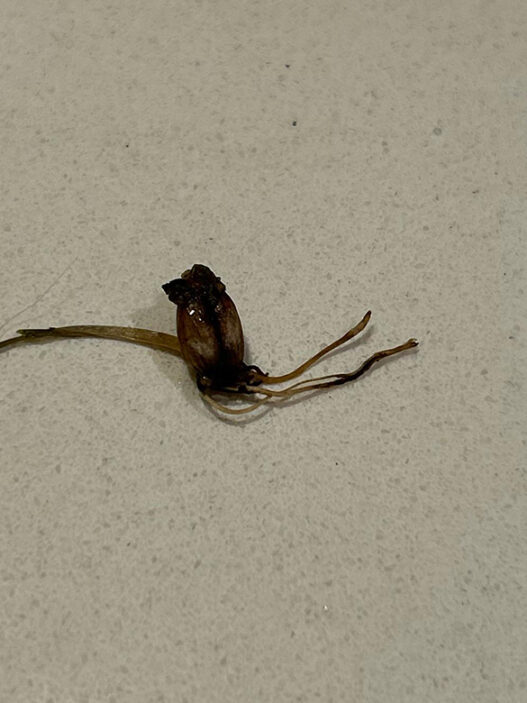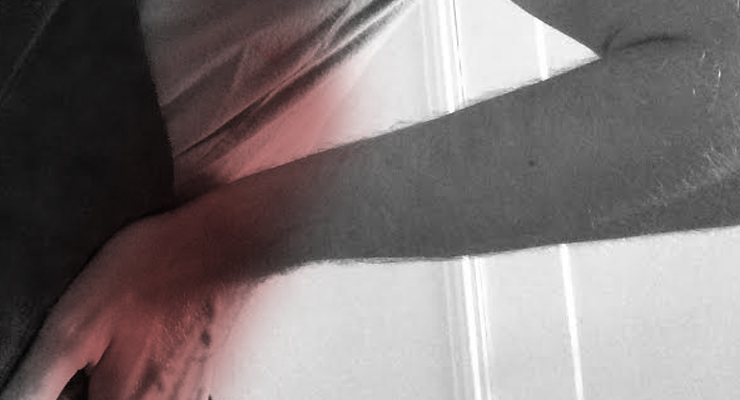
Gender inequity is a problem every facet of the coffee supply chain faces. From farm level to importing to the cafe, the difference in both representation and pay between men and women (to speak nothing of issues gender-fluid individuals experience) are significant. But the Partnership for Gender Equity (PGE)—an initiative created by the Coffee Quality Institute—has recently released a new tool called Project Methodology to “enable industry allies to more effectively engage in gender equity.”
Officially released at World of Coffee in Amsterdam at the end of June, Project Methodology is technically the third tool from the PGE with such an aim, but could also be described as more of a synergy of the first two: the Common Measurement Framework (CMF) and the Engagement Guide. Created thanks to funding from the Sustainable Agriculture, Food, and Environment (SAFE) Platform of the InterAmerican Development Bank, the Project Methodology “details explanations that support companies, development organizations, and other supply chain partners as they design, plan, launch, and monitor a project at a household, community, and producer-organization level,” per the press release.
Per the press release, the PGE plans to roll out this initiative in eight to 12 different field level projects across multiple origins, impacting an estimated 25,000 households and 100,000 individuals. They will then “track the impact and compare results, with the intention to demonstrate the impact of integrating gender equity approaches to sustainability in the coffee value chain.
For more information about the Project Methodology tool, visit the Partnership for Gender Equity’s official website. And for those interested in receiving a copy, a request can be submitted here.
Zac Cadwalader is the news editor at Sprudge Media Network and a staff writer based in Dallas. Read more Zac Cadwalader on Sprudge.
Top image via the Partnership for Gender Equity.




